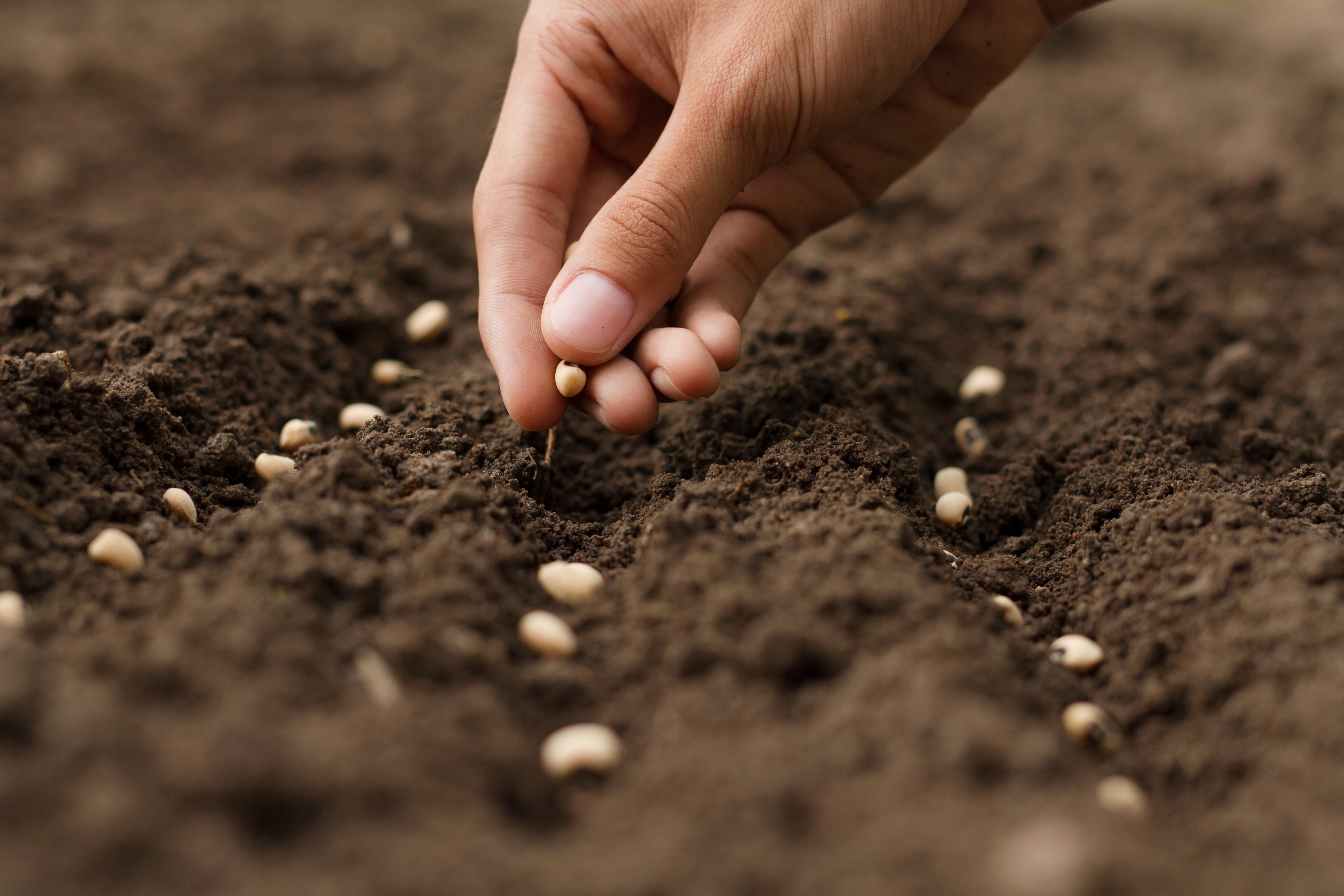Since the 1950s, farmers across the world have used chemical treatments of their seeds to protect them from pests, pathogens, and disease. The downside of this practice has been negative impacts on human health and the environment. A new chemical-free treatment, however, has been developed, thoroughly tested, and widely deployed in Scandinavia, gaining mainstream use there. Seeds are treated with steam rather than chemicals.
ThermoSeed, the Swedish company that has pioneered this biological innovation, uses intense bursts of steam to pasteurize seeds. It discovered that different types of seeds have different optimum requirements for humidity, temperature, and exposure times. Consequently, it has developed a tailored recipe for each type of seed. This pasteurization process has proven to deliver yields comparable to, or even better than, traditional chemical seed treatment.
Initially, ThermoSeeds were only used by organic farmers, but within half a dozen years, they started making inroads into conventional farming. Farmers tend to be wary of innovations, especially of non-chemical solutions, so the process of adoption has been relatively slow. A Swedish agricultural co-op that supplies about half of Sweden’s seeds adopted the steam seed treatment in 2008, and Norway’s large co-op got on board in 2011. In Sweden alone, an estimated 3,000 cubic meters of chemicals have been avoided.
One problem for farmers is the dust associated with chemically treated seeds, which gets all over them when they open seed bags and pour them into bins or hoppers. Steam-treated seeds are easier to handle and better for their health. Another notable advantage is that unused seeds can be reused. Unlike chemically treated seeds, they can be safely fed to livestock or sold, cutting down on disposal expenses, or even planted the following year.
The inspiration for steaming seeds came to Kenneth Alness, the inventor of ThermoSeed, when reading about farmers treating seeds with hot water before the introduction of artificial pesticides. Although organic farmers continued to use this process after chemical seed treatment became widespread, it was inefficient and expensive due to the costly process of drying the seeds after bathing them in hot water.
New pesticide reduction laws in the European Union are spurring the adoption of pasteurized steam seeds beyond Scandinavia. The European goal is to reduce the use and risk of chemical pesticides by 50 percent by 2030. To spread into the developing world, however, the hurdle of high-cost equipment needs to be removed. Alness is addressing this issue by developing a scaled-down version of his ThermoSeed machine that will make it cost-effective to utilize the steam technology for smaller markets. His goal is to expand this chemical-free technology to farmers around the world thus cutting their dependency on pesticides without sacrificing yields.











